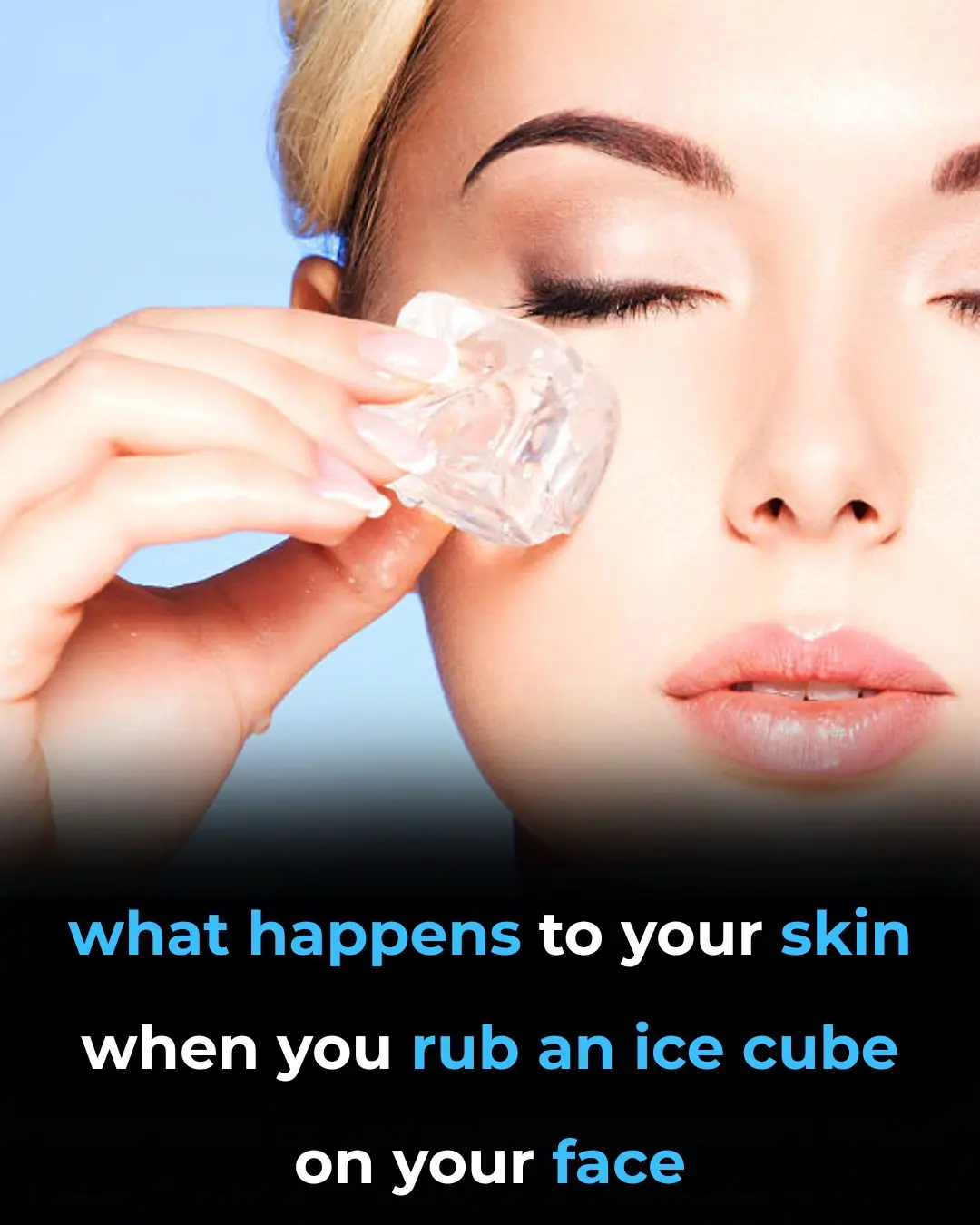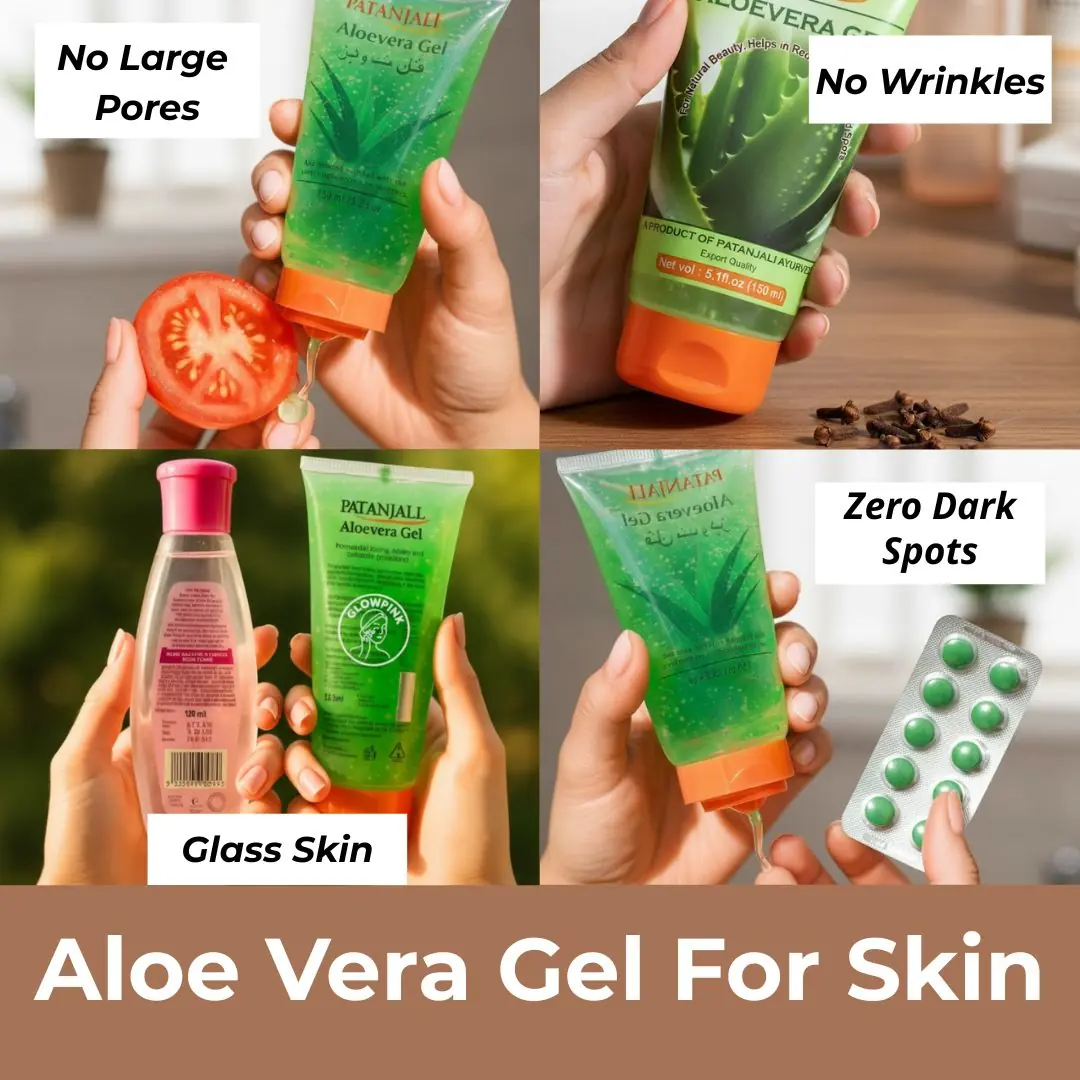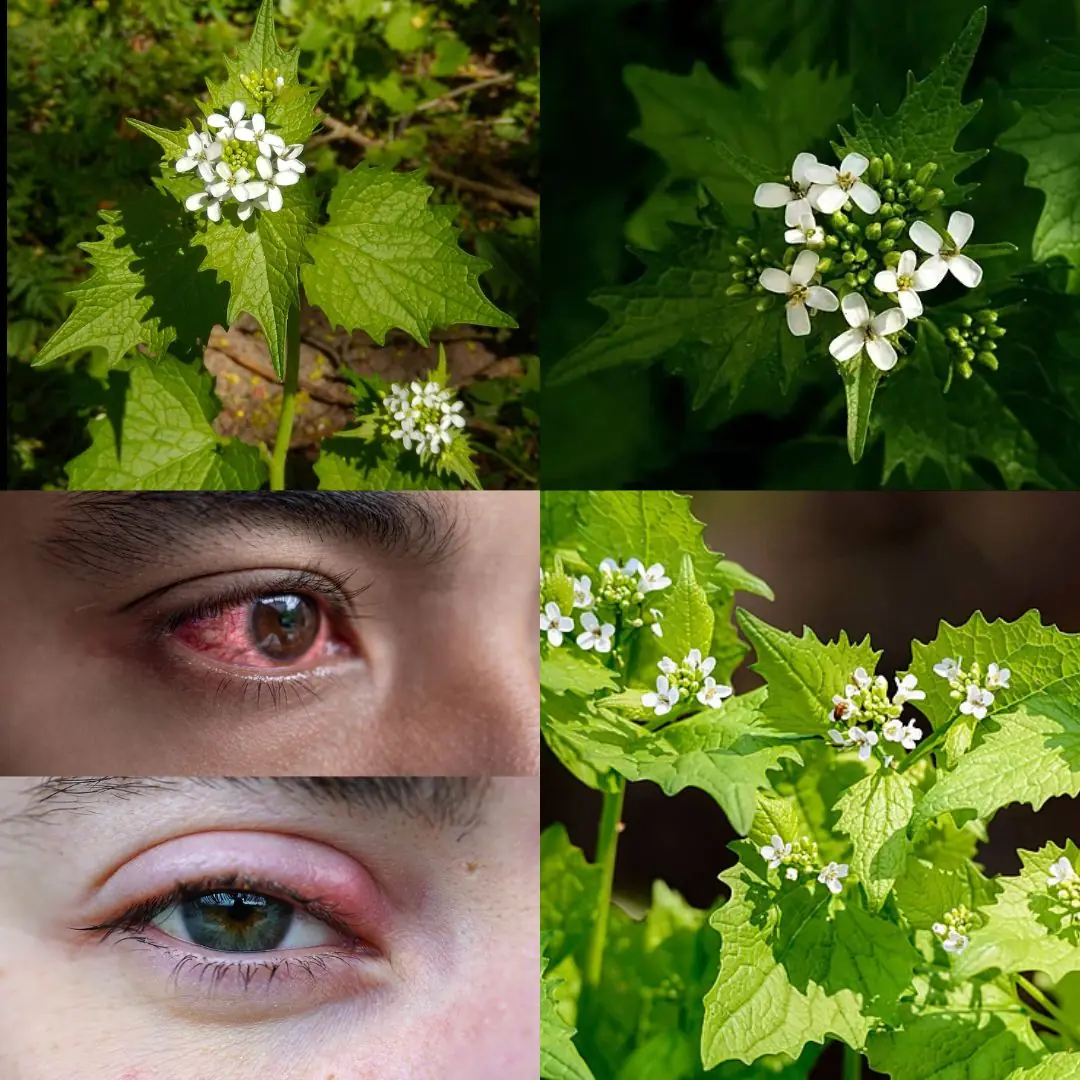
POPULAR SHAMPOO URGENTLY RECALLED BECAUSE IT CONTAINS BACTERIA THAT KILLS UP TO ONE IN TEN PATIENTS
In a shocking development that has alarmed both consumers and health authorities, a popular shampoo brand has been urgently recalled after laboratory tests revealed that it contained dangerous bacteria capable of killing up to one in ten infected patients. This disturbing discovery has not only shaken public trust in cosmetic products but also highlighted the hidden risks that can exist in everyday household items.
According to recent reports, the contaminated shampoo was sold across several countries and had been a favorite among consumers for its pleasant fragrance and “natural ingredients.” However, behind the glossy marketing and attractive packaging, health experts found traces of a deadly bacterium known as Pseudomonas aeruginosa. This microorganism thrives in moist environments such as water and soil and can easily contaminate cosmetic products if proper sterilization and preservation standards are not followed during manufacturing.
While Pseudomonas aeruginosa poses little threat to healthy individuals, it can be deadly for people with weakened immune systems, open wounds, or underlying illnesses. Once it enters the body through the skin, eyes, or respiratory tract, it can cause severe infections such as pneumonia, bloodstream infections, or sepsis. The World Health Organization has classified this bacterium as one of the most dangerous drug-resistant pathogens in the world, as it has developed resistance to many common antibiotics.
Authorities were alerted after several hospital patients developed unexplained infections that were later traced back to the contaminated shampoo. Following an investigation, the company responsible for the product issued a voluntary recall and urged customers to stop using it immediately. However, critics argue that the recall came too late, as thousands of bottles had already been sold and distributed worldwide. Consumer protection agencies have since demanded stricter safety regulations and more frequent inspections of cosmetic manufacturing facilities.
This incident has exposed a major flaw in the cosmetics industry: a lack of strict oversight and testing for microbial contamination. While food and pharmaceutical products undergo rigorous safety checks, personal care items such as shampoos, lotions, and soaps are often tested only for basic chemical composition, not for harmful bacteria. Experts believe that the increasing use of natural or organic ingredients — often less chemically preserved — has made some cosmetic products more vulnerable to bacterial growth.
The company involved has since issued an apology, stating that a “manufacturing error” led to the contamination. They have promised to cooperate with health authorities and implement new sterilization procedures. Still, public confidence has been severely damaged. Many consumers now question how a product used so widely and trusted by millions could pass quality control and reach store shelves in such a dangerous state.
Beyond the immediate health risks, this scandal raises broader questions about corporate responsibility and consumer safety. Companies that profit from health and beauty products have a moral and legal duty to ensure that what they sell is safe. A single oversight in quality assurance can have devastating consequences, not only for public health but also for the reputation of the entire industry. Governments must also play a stronger role in monitoring and enforcing standards to prevent similar incidents in the future.
In conclusion, the news that a popular shampoo has been urgently recalled because it contained bacteria capable of killing one in ten patients serves as a wake-up call for both consumers and manufacturers. It reminds us that even the most ordinary products can carry hidden dangers if safety standards are ignored. Cleanliness and beauty should never come at the cost of health. Moving forward, stricter regulation, transparency in production, and public awareness are essential to ensure that such a tragedy does not happen again. In a world where people trust brands with their well-being, that trust must never be taken for granted.
News in the same category


Starve cancer: the diet rotation strategy you need to know

SHOCKING NEW STUDY REVEALS WHAT MIGHT BE SILENTLY DESTROYING HUMAN FERTILITY

Nurse who's witnessed 'so many deaths' explains spine-chilling moment she realised 'what happens after we die'

The influenza flu virus is being used to cure pancreatic cancer

Eye Doctor Reveals What To Do If You Start Seeing ‘Floaters’

If cancer cells are present in the body, these 3 symptoms often appear in the morning everyone should pay attention

3 foods you thought were bad for diabetes (but aren’t!)

CANCER IS PAINLESS AT FIRST, BIT IF YOU SEE THESE 8 SIGNS WHEN GOING TO THE TOILET, YOU SHOULD SEE A DOCTOR IMMEDIATELY

Sleeping Naked: 8 Surprising Benefits

What Happens To Your Skin When You Rub An Ice Cube On Your Face

🤢 The Real Causes of Constant Phlegm and Mucus in Throat — And How to Get Rid of It

The Tennis Ball Trick That Can Relieve Back, Neck Or Knee Pain In Seconds

One scoop a day heals your body from the inside out — watch what happens

🧠 A Stroke Can Happen Suddenly — But Your Body Might Send Early Warnings (Know the Signs)

Are You Being Lied To About What Your Blood Pressure Should Be? — Read This Before You “Chase the Number”

The 7 silent causes of bad leg circulation

4 simple moves after eating that flatten blood sugar spikes

This Miraculous Drink Will Work Wonders for Your Thyroid
News Post

5 Amazing Benefits Of Aloe Vera Gel For Skin: Large Pores, Dark Spots, Wrinkles

Clove & Lemon Collagen Drink: Wrinkle Free, Glowing Skin

Unlock Your Body’s Hidden Power: Try Garlic and Honey on an Empty Stomach for 7 Days

Tragus Piercing What Does It Mean

9 Health Benefits of Pine Needles

Unlock The Incredible Health Benefits of Garlic, Ginger and Lemon for Men

A special method to grow garlic in plastic bottles

7 Benefits of the Miracle Leaf of Life

7 Amazing Health Benefits of Banana Blossoms

Boiling Sweet Potatoes: Don’t Just Add Plain Water—Add This Spoonful for Perfectly Fluffy, Sweet Results

The Science Behind Putting a Cotton Swab in a Menthol Oil Bottle

More People Are Struggling with Visceral Fat — Doctors Reveal 9 Foods That Help Burn It Naturally

Black Turmeric vs. Yellow Turmeric: Which One Is Better?

Starve cancer: the diet rotation strategy you need to know

Like to see more from Tips for the Home

💪 Sarcopenia: Why Muscle Loss Happens & How to Fight It (After 50)

I Had No Idea About This!

These Ideas Are Amazing: 10 Clever Ways to Use Dryer Sheets Beyond the Laundry Room

Most Don’t Know: 13 Brilliant Ways to Use WD-40 Around the House
